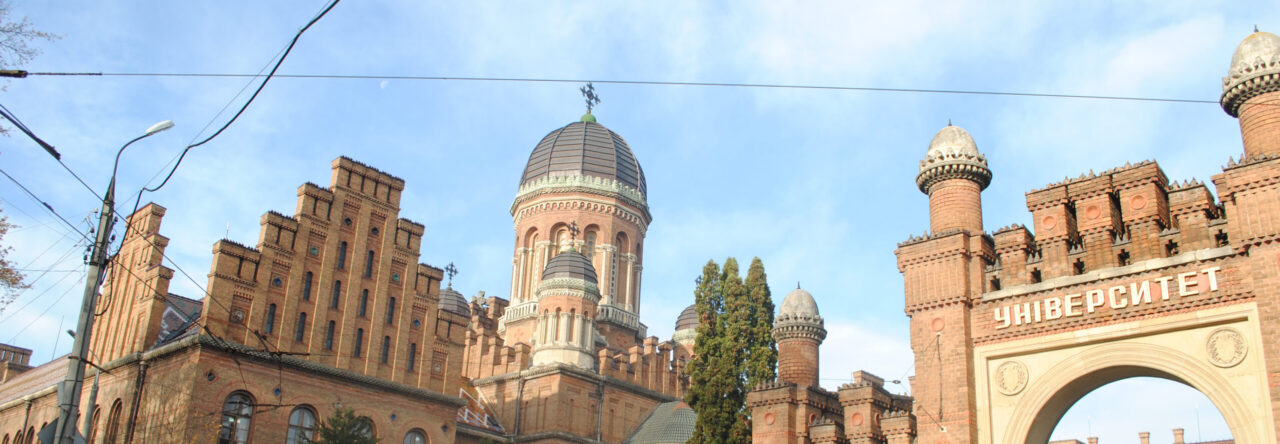The two Co-Chairs, Cristina Russo, Director for International Cooperation of the European Commission’s Directorate-General for Research and Innovation, and Mikhail Romanovsky, Director of the State Science, Technology & Innovation Policy Department of the Ministry of Science & Higher Education of the Russian Federation, acknowledged the good level of cooperation between the European Union and Russia in the areas of research and innovation. Russia continues to be an active participant of the EU Framework Programmes for Research and Innovation – since 2014 under the current Horizon 2020 programme Russian organisations have participated more than 100 times in 76 collaborative projects.
Special attention of this year’s meeting of the Joint Committee was given to the preparation and implementation of ‚flagship initiatives‘ and joint priority projects in the fields of research infrastructure, health and aeronautics. These initiatives are implemented under the EU’s Horizon 2020 programme and are co-funded by the Russian Government. The EU will make more than 35 million euro available for their implementation.
Both sides confirmed their intention to renew the Agreement between the European Union and the Government of the Russian Federation on Cooperation in Science and Technology for another five-year period.
The EU and Russia have been pursuing cooperation in science and technology since 1994. The Agreement on Cooperation in Science and Technology between the European Union and the Government of the Russian Federation, signed in 2000, provides the framework for bilateral cooperation in this field. The EU-Russia policy dialogue in this area is coordinated by the EU-Russia Joint Science and Technology Cooperation Committee, which meets on an annual basis alternately in Moscow and Brussels.
One of the most established forms of the EU-Russia science and technology cooperation is the participation of Russian scientists in the EU’s Framework Programmes for Research and Innovation, where Russia has traditionally been one of the most active and successful international cooperation partner countries. EU researchers, for their part, actively collaborate with Russian partners on the basis of Russia’s research and development (R&D) programmes, such as Federal Targeted Programmes on R&D and the Russian ‚mega-grants‘ programme.
Quelle: incrEAST


Comments are closed.